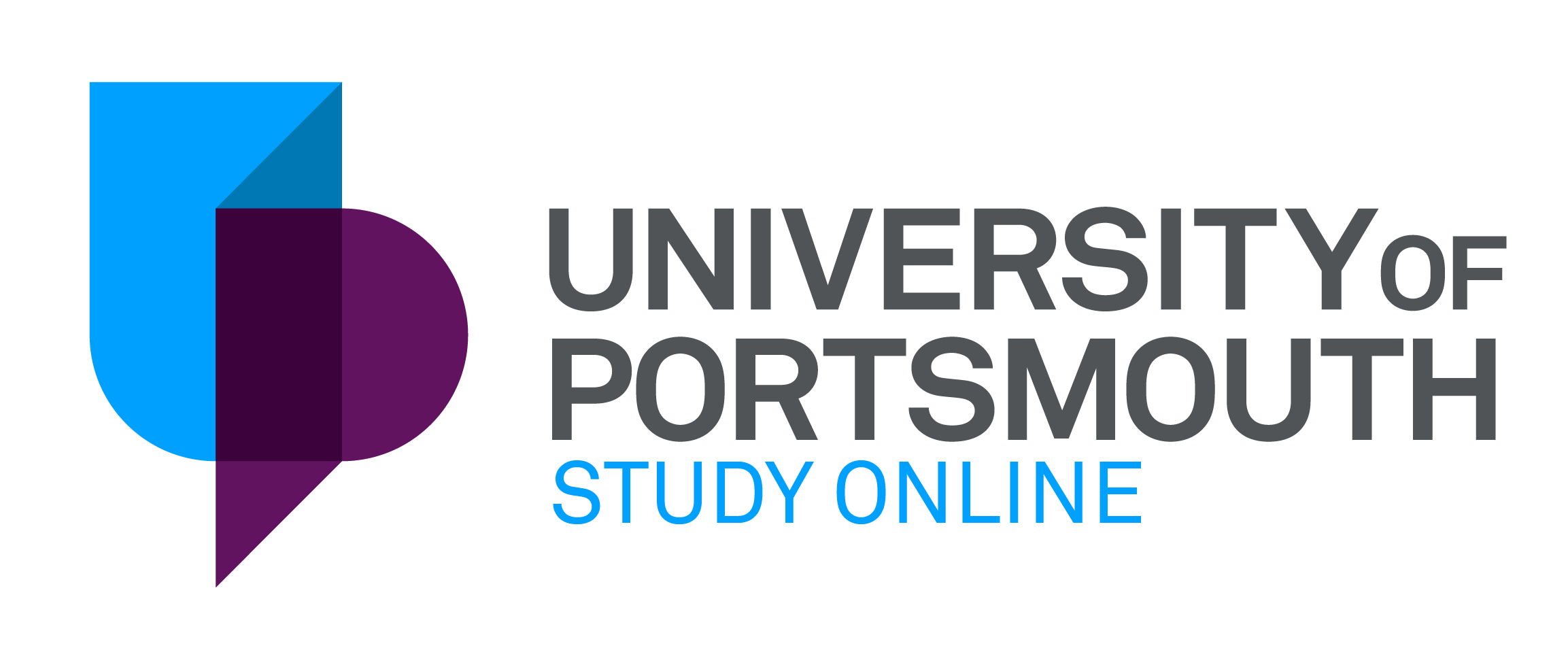Dr Salam Al-Bizri: But the tutors, of course, they will help. I mean, they are their first point of contact. If they have any particular, I will put between two because it's important to ask a particular question on a particular issue to discuss with the tutor, so they can answer you. The other-- I mean, the way that the modules are developed will help developing these skills.
The main issue is for people or students who don't have academic skills but they have expertise. So the benefit-- I mean, and when I did my master's degree, expertise was very important. They didn't accept anybody who was less than 5 years in the industry. So it was more important than having an undergraduate degree because as someone coming from the industry will understand the complexity of the industry, who understand the issues that are being discussed. The gap, you really need to fill in. The ability to read theories and to look at the library to use some of the materials and to use these in your assignment. And this will be-- the tutors will have to help students to do this.
There's no difference. I mean, they're exactly the same material, same course developed by the same people. So it's the only delivery, which is different. So I don't see any difference in progression between the online and on-campus course. I think online courses are the future from my point of view because it will give you lots of flexibility to be wherever you are or not to be make big changes to your life. You will be with your family. You can carry on with your job. You can do whatever you want, and then commit yourself to these 20-hour, 25 hours every week to study. And so you cut on, probably some watching of TV and sports or whatever for two years. You've summed my evenings up perfectly well there. Yeah. Yeah, and then you will be able to manage it. And lots of students really did very well. I mean, if they are committed. And do a little bit every day. They will get very, very good results.
.png?width=180&height=222&name=UoP_Study%20Online_Stacked%20(1).png)

.png)
.jpg)
